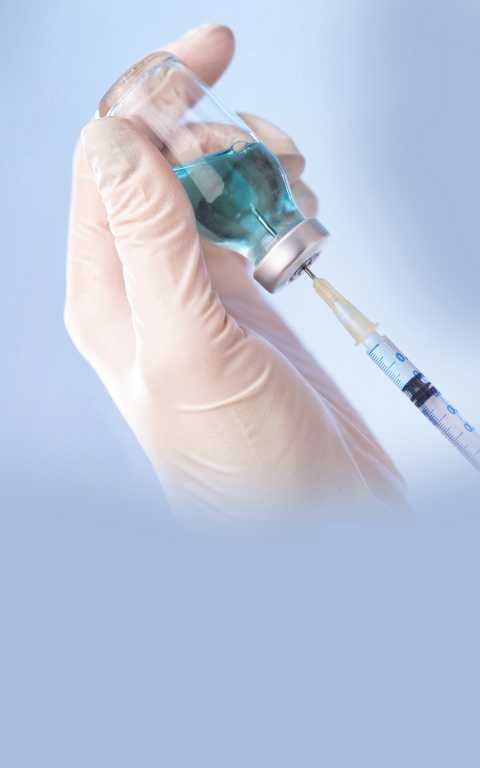
childhood vaccination schedule
These Might be of Interest
what is childhood vaccination
Having a child is a matter of responsibility as much as it is an experience of joy. Up to a certain age, your child is vulnerable to a number of infection-causing microorganisms. At this age, your child’s immune system is not fully developed to fight against these communicable diseases. Hence, when your child comes in contact with bacteria or virus, the results are almost always dire.
Thankfully, modern science has provided a solution to this problem. And the name of that solution is vaccination. After getting vaccinated, children develop immunity against particular diseases like Hepatitis A, Hepatitis B, Mumps, Tuberculosis, Pertussis, Polio, Measles, Rubella, Typhoid, and so on.
In most cases, a timely vaccination for newborn baby in India can provide as much as 90% protection from diseases. Although vaccination is an easy way to prevent your child from various communicable diseases, you can not afford to be carefree about vaccine administration. A child has to be administered different vaccines at different ages.
Getting your child vaccinated at the right time is called baby immunization schedule. It includes getting a vaccination chart and keeping meticulous care that your child does not miss a single dose of vaccine.
why it is important to get your child vaccinated
It is crucial that your child gets this gift of modern sciences called vaccination. Without this, your child is vulnerable to the following communicable diseases:
- Meningococcal meningitis
- Polio
- Pertussis
- Diphtheria
- Measles
- Tuberculosis (TB)
- Rotavirus
- Rubella
- Pneumococcus
- Chickenpox
- Hepatitis B
- Hepatitis A
- Typhoid
- Tetanus
- Mumps
- Influenza
This is just a small list of communicable diseases. There are many other diseases that children are vulnerable to. But, you can increase the chances of preventing your child from most of these diseases just by getting them vaccinated.
Please note here that getting vaccinated at the right time is important. The vulnerability of catching infection changes with age. Scientists and doctors have spent years knowing the perfect timings for children to get vaccinated. This is why central and state governments also put emphasis on the baby vaccination schedule in India.
As we mentioned above, having a baby vaccination schedule helps a lot in such a case. You don’t even need to have an in-depth knowledge of how vaccination works to understand a vaccination chart. And if you feel that you are not sure about any vaccination date, you always have the option of consulting a medical expert.
some important vaccinations with timelines
The central ministry of health and the department of health and family welfare of different states regularly update the immunization schedule. You should also know that there is no single vaccination chart for babies in India. Different states often have different schedules because some geographical areas are more prone to infectious diseases than others.
Here is a vaccination chart with age that will help you know which types of vaccines your child should be getting at what age:
| Vaccine | Vaccine Administration Time | Vaccine Type | Dose |
| BCG | Within one year of age | Intradermal | 0.1ml (0.05ml if the age of the child is 1 month) |
| Hepatitis B Birth Dose | Within 24 hours of birth | Intramuscular | 0.5 ml |
| OPV Birth dose | Within 15 days of birth | Oral | 2 drops |
| OPV 1,2 & 3 | At 6 weeks, 10 weeks & 14 weeks | Oral | 2 drops |
| IPV (inactivated Polio Vaccine) | Within 14 weeks of birth | Intramuscular | 0.5 ml |
| OPV Booster | 16 to 24 months | Oral | 2 drops |
| Measles 1st Dose | 09 to 12 months | Subcutaneous | 0.5 ml |
| Measles 2nd dose | 16-24 Months | Subcutaneous | 0.5 ml |
| Vitamin A, 1st Dose | At 9 months with measles | Oral | 1 ml |
| Vitamin A (2nd to 9th dose) | 16 months with DPT/OPV booster, then, one dose every 6 months up to the age of 5 years) | Oral | 2 ml |
necessary vaccination for a child in india from birth till 4 years
As children grow, their immune system also grows with them. This means that children are most vulnerable when they are young. A large number of vaccines are actually given to children until they reach the age of 4 years. Here is a list of necessary vaccination for a child in India from birth till 4 years:
- Bacillus Calmette–Guérin (BCG)
- Oral Polio Vaccine (OPV, Birth dose plus 3 doses later)
- Hep B Birth dose
- Measles, Mumps, and Rubella (MMR)
- DTaP (Diphtheria, Tetanus, Pertussis)
- Tetanus toxoid (TT1 and TT2)
- Influenza Vaccine
- Pneumococcal Vaccine
how portea helps in baby vaccinations
Getting your child fully vaccinated at the right time can sometimes be hard. You can make the adults understand the importance of vaccines easily but children refuse to understand why they have to intake bitter drops or why they should get injected with something.
Portea can help you in this situation. We have a team of medical experts who can come to your home and administer the vaccine. If your younger one is finding the environment of hospitals a little intimidating, getting the vaccination with Portea at home is an easy way out.
Doctor Consultation
Nursing
Physiotherapy
Trained Attendant
Elder Care
Mother & Baby Care
Lab Tests
Medical Equipment
Speciality Pharma
Critical Care








